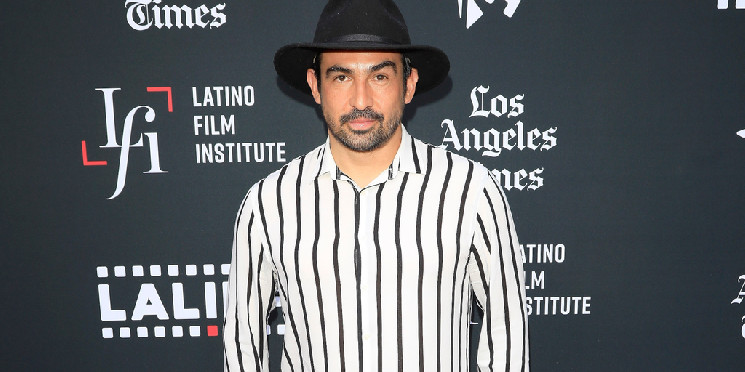After spending most of his adult life climbing the Hollywood ladder, by 2020 Moisés Zamora had finally made it: he created and co-showran his own Netflix show, “Selena: The Series.” The show, which chronicles the rise of the star Mexican-American singer, did well—per Netflix, he said, it reached 25 million households in its first four weeks.
Zamora was thrilled; After all the years spent hustling, making his own films, getting noticed, nabbing multiple near-unattainable television staff writing jobs, and creating his own show, he’d reached the other side of success. But even then, financial security never came.
“I thought: Man, I made it! Where’s my mansion? Where are my paychecks?” Zamora told Decrypt at the Film3 Summit in Los Angeles. “One of the things we’re seeing with the streaming model—that’s why we have two labor strikes—is that kind of success doesn’t translate into a residual system or a compensation system that allows us to continue to make a living, to not be scared for our future.”
Since creating “Selena,” Zamora has changed his tune on what it means to be successful in the entertainment industry. He’s also taken that success into his own hands. Zamora is currently in the process of launching Videomart, an on-chain platform that allows users to launch their own films, find dedicated fan bases for those projects—and via NFTs, reap a greater portion of the revenue they generate.
Key to Videomart’s potential success will be convincing indie filmmakers that it’s better to find a smaller audience of dedicated fans than it is to snap up whatever deal a major studio might offer. Per Zamora, streamers like Netflix offer emerging filmmakers theoretical prestige, but little else.
“Netflix is going to give you $10,000, at most a $100,000 deal, for an incredible film, for a licensing agreement for 10 to 20 years,” Zamora said. “So how much did you just ‘pay’ Netflix, just to say, ‘My movie’s on Netflix’?”
“As filmmakers, we have to have a realistic conversation,” the writer and director continued. “My film, especially if it’s… something a little smaller, is not going to have 300 million people watching it. But you will have an audience… a community that will support your work. Five thousand people at $5 [each], that’s $25,000. What short film that’s small like that has made $25,000?”
Videomart just ended beta testing, and is set to publicly launch at the 2024 Sundance Film Festival in January. The platform currently features 35 films; Zamora says he plans to add another 400 titles in the coming months.
It joins a growing ecosystem of initiatives seeking to utilize emerging technology like NFTs to lower barriers for entry into the extremely insulated and costly world of film production.
Recently, a number of blockchain-backed startups have cropped up that seek to connect filmmakers directly to fan bases via NFTs, and provide avenues for film funding and distribution that do not require an incredibly selective Hollywood studio greenlight.
This week, “The Quiet Maid”—one of the first feature films to ever be funded by NFTs purchased by fans—is set to have its world premiere at the Tallinn Black Nights Film Festival.
Edited by Andrew Hayward
 Top 15 FIRE Stories of the Week
Top 15 FIRE Stories of the Week 



